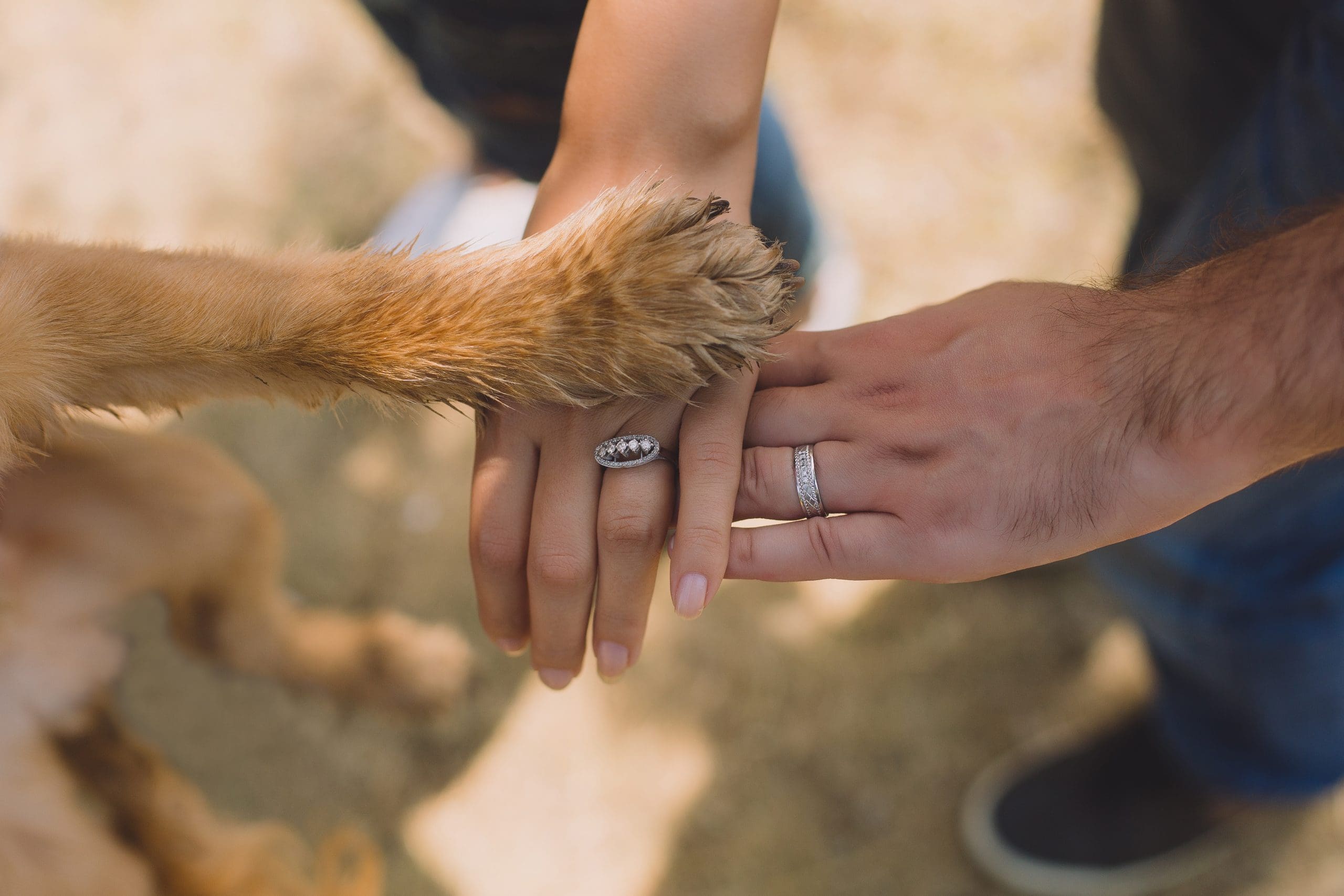Having a dog brings joy and companionship, but it can also pose challenges, especially when maintaining a healthy lawn. A common issue dog owners encounter is the damage caused by dog urine. The nitrogen and salts in urine can create brown patches on grass, which can be frustrating for those who take pride in their outdoor spaces. Fortunately, natural methods exist to mitigate this issue and keep your lawn looking vibrant.
Understanding Dog Urine’s Impact on Grass
Dog urine affects grass primarily due to its high nitrogen concentration. While this can act as a fertilizer, excessive amounts lead to “burn” spots, similar to the effects of over-fertilizing. Balancing your dog’s needs with the health of your lawn is crucial to preventing damage.
Designate a Potty Spot
Encourage your dog to use specific areas of the yard to localize urine and limit damage. Create a designated “potty spot” using gravel, mulch, or clover. Dogs are creatures of habit, so with patience, you can train them to use this area. Rewarding them with treats or praise when they do so reinforces this behavior.
Dilute Urine Immediately
To reduce damage, water the area where your dog urinates as soon as possible. This action helps disperse concentrated nitrogen and salts. Establishing a routine of watering your dog’s favorite spots can also assist in grass recovery while teaching your dog the importance of these areas.
Hydration Matters
Incorporating more water into your dog’s diet can dilute the urine naturally. Ensuring your dog stays hydrated means their urine will be less concentrated, lowering the likelihood of brown patches. Provide fresh water at all times and consider adding wet food to their diet to promote hydration.
Choose Resilient Grass Varieties
Selecting the right type of grass can significantly impact how well your lawn withstands dog urine. Varieties such as fescue and ryegrass tend to be more tolerant than Kentucky bluegrass. When reseeding or laying sod, consider grass types known for their durability.
Maintain a Healthy Lawn
Overall lawn maintenance helps it cope with the effects of dog urine. Regular mowing, aeration, and proper fertilization contribute to a robust lawn. Cut grass high to help shade the soil and retain moisture. Aeration allows air, water, and nutrients to penetrate the soil effectively, promoting healthy root growth.
Natural Lawn Treatments
Applying specific natural lawn treatments can combat the effects of dog urine. Look for soil amendments that balance nutrients. Products containing gypsum can improve soil structure and reduce salinity, fostering a healthier environment for your grass.
Reviving Brown Spots
If you notice brown patches, there are natural ways to revive the grass. Reseed the damaged areas with grass seed that matches your existing lawn, and keep them well-watered while avoiding dog traffic until the grass establishes itself.
Use Natural Remedies
Some dog owners successfully use a mixture of water and apple cider vinegar to restore grass. This solution helps neutralize nitrogen in urine and promotes healthy growth. Mix equal parts of water and vinegar, then spray on affected areas. Test a small area first, as excessive vinegar can harm grass.
Consider Your Dog’s Diet
A high-protein diet can lead to concentrated urine, causing more lawn damage. Consult your veterinarian about your dog’s nutritional needs and explore options for reducing urine concentration. Switching to a diet with lower protein content or incorporating certain supplements may help.
Training and Timing
Training your dog to use the designated potty area on command can significantly improve management of their bathroom habits. Use positive reinforcement to encourage appropriate behavior, protecting the rest of your lawn. Additionally, consider the timing of bathroom breaks; taking your dog out during cooler times can help the grass withstand urine damage.
Ongoing Lawn Care
Keep a close eye on your lawn and adjust your care routine as needed to promote a healthier, greener space. A little effort can make a significant difference in balancing the needs of your furry friend with the health of your grass.
Seek Professional Advice
If issues persist despite your efforts, consulting a lawn care professional for personalized advice may be beneficial. They can provide specific recommendations tailored to your lawn’s conditions and your dog’s habits.
By taking a proactive approach and employing these natural strategies, you can enjoy your dog’s companionship without sacrificing your lawn’s beauty. Understanding the reasons behind the damage and implementing thoughtful solutions leads to a healthier environment for both your dog and your outdoor space. A harmonious setting is achievable, where your dog can thrive while your lawn flourishes.



